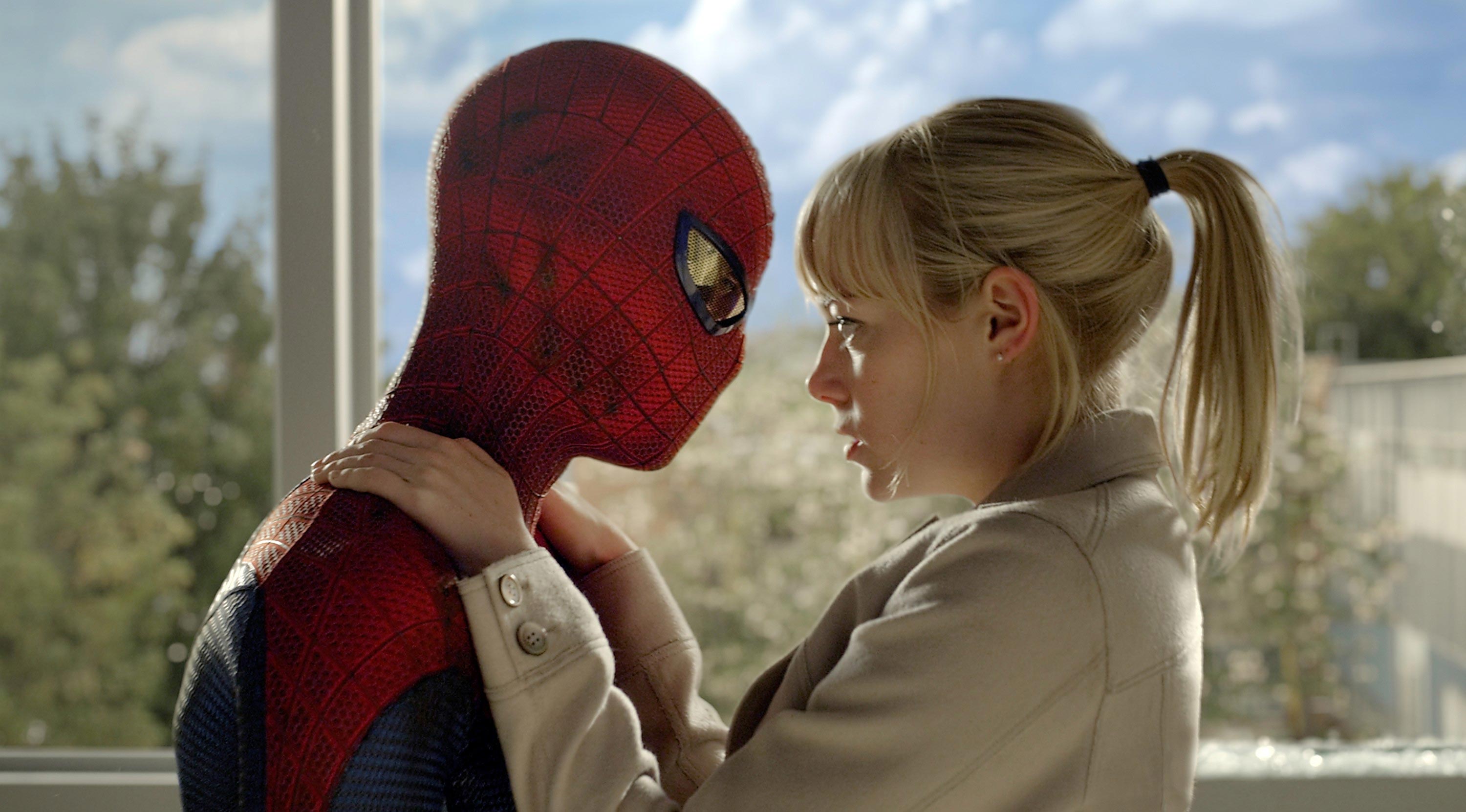Superhero movies, as the adage goes, are like pizzas–even when they’re bad, they’re still pretty good. Or so it seemed, until the black cloud that was Spider-Man 3 hit theaters, showing the world what life would be like had Hitler conquered the globe, or had Michael Jackson never lived to release Thriller. In short, the movie was terrible–so terrible that the series has been rebooted, just five years after the last Raimi-Maguire outing. Some may consider The Amazing Spider-Man to be too quick a rebirth, but the movie’s execution–the way it distances itself from its predecessors while both entertaining and remaining true to the Spider-Man multi-mythos–leaves one thinking otherwise.
This telling of the Spidey origin story opens on Peter Parker when he’s a young boy, the night his parents die. Already the movie feels darker, perhaps more sinister. There’s an air of conspiracy and a feeling that something is not right. While past films have left Mr. and Mrs. Parker’s fates, more or less, to the imagination, The Amazing Spider-Man elucidates their deaths while playing out the slow-reveal (one imagines a continuation throughout at least the next picture).
When we cut to the present, Peter (Andrew Garfield) is in his usual rut—at odds with his classmates, awkward with the women-folk, hot and cold with Uncle Ben (Martin Sheen)–yet Garfield’s Peter Parker feels somehow different, a bit more daring than Maguire’s, more accepting of risk and danger from the get-go. I don’t want to rag on Maguire too much, considering how enjoyable both Spider-Man and Spider-Man 2 were, but Garfield’s presence is just more attractive. There’s a balanced mix of nerdy and cool here, and the wise-cracks–which really are a staple of the Spider-Man character–flow as one expects of the web-head. Dopey Tobey had his moments, but Garfield sounds more true to form.
The case with The Amazing Spider-Man, as compared to the previous Spidey films, is that things as a whole are not necessarily better or worse, but different. Of course rebooting so soon is going to affect the layout, as some of the great moments of Spider-Man and its first sequel–telling Mary Jane they cannot be together, holding back the train without his mask, Mary Jane’s revelation that Peter is Spider-Man–will have to be left thematically undisturbed so as not to cheapen the memory. So, the spider bite is less dramatic. The secret identity is revealed quicker. The search for Ben’s killer is more manic. And the film’s antagonist, The Lizard, is bigger and badder than any of Spider-Man’s previous filmic enemies. . . .
And yet, at the movie’s core this is still your friendly neighborhood Spider-Man, a character made 1000x better for the plain fact that he is everything Superman is not: struggling in so many ways, unsure of himself, unadored by the slanderous papers and an uncertain public. Protecting Metropolis ain’t so bad when the people erect giant statues in your honor. But saving the entire city of New York without so much as a pat on the back? That’s a real hero. And that’s why Spider-Man, in all his incarnations, will always be one of the more inspiring comic book characters. The Amazing Spider-Man has its faults, but that inspiration has been brought back to life (after emo-Peter bludgeoned it to death). It’s good to see Spidey’s reputation restored on the silver screen, even if the movie isn’t perfect.
THE AMAZING SPIDER-MAN
Directed by Marc Webb. Starring Andrew Garfield, Emma Stone, Rhys Ifans. Running time: 2 hours 16 minutes. Rated PG-13. Photo courtesy Marvel Entertainment.

Very insightful, well written article. I wanted popcorn.